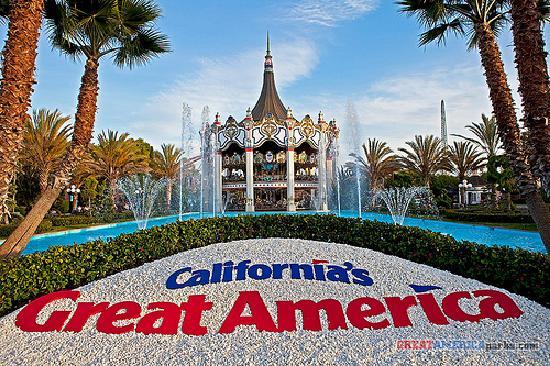Many math students in the Palo Alto and Menlo Park school system dread the unit of probability, but many would be surprised about math’s role in emotion, specifically love!
According to British mathematician Hannah Fry, mathematics has proven to hold many useful applications in finding love, most notably in the field of probability. Fry discusses the use of probability in online dating sites, such as OkCupid, which was created by mathematicians! Also, Fry introduces the concept of optimal stopping theory to predict marriage compatibility. According to this theory, considering marriage only after a certain number of dates can actually enhance the probability of a successful marriage! Finally, Fry teaches us a math equation that mathematicians can use to predict a couple’s probability of divorce, using data from a wide pool of observations.
Of course, while your typical Palo Alto and Menlo Park schools teaches probability, many students have no idea how these concepts can be applied! Tell your Palo Alto/Menlo Park student to be creative in their studies and try to seek out possible mathematical correlations, such as love.
To read more about the topic and to share with your Palo Alto/Menlo Park student, visit http://www.npr.org/templates/transcript/transcript.php?storyId=388519295.
For more fun ways to apply math, visit www.mathnasium.com/paloalto-menlopark.








 Math game night is ideal for kids in 2nd to 5th grade who want to improve their logic, division, and multiplication skills in an engaging way. This game night will be a fun, relaxing way to get your kids excited about math; there will even be prizes raffled off every 15 minutes!
Math game night is ideal for kids in 2nd to 5th grade who want to improve their logic, division, and multiplication skills in an engaging way. This game night will be a fun, relaxing way to get your kids excited about math; there will even be prizes raffled off every 15 minutes!